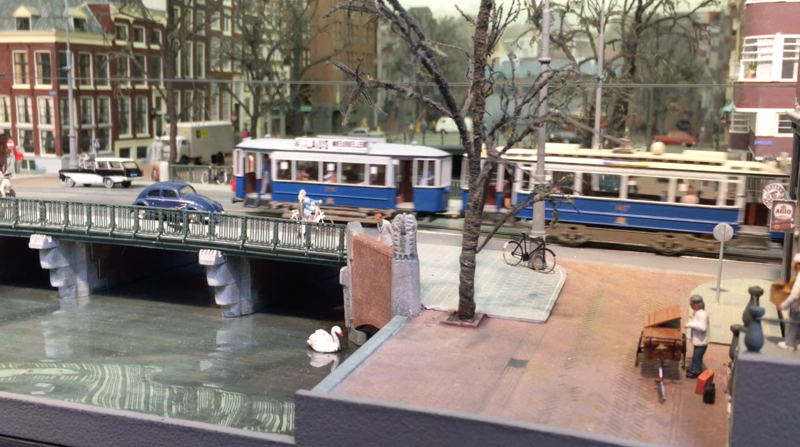Fossgis: from proprietary to open source - Hans-Jörg Stark¶
(One of my summaries of a talk at the 2017 fossgis conference).
Hans-Jörg tells about experiences of the Swiss ‘kanton’ Basel-Stadt.
They started with webmapping/webgis in 1999 with tiles based on ESRI software. One year later, land parcels information was added. Also aerial images. In 2007 they chose mapserver and postgis for quality reasons.
In 2008, Switserland adopted a law that regulated which geo data had to be open. (Partial) open data of course helps raising awareness for open source software. In 2012, internal research showed that open source software was more appropriate to the job than closed source software.
Regarding databases: in 1999, MS SQL server and oracle were the only choices. There was no open source alternative. Now postgres+postgis is virtually the standard.
Basels geoportal consists of three parts:
Intranet/website.
Geodrehscheibe: the central turntable for geographical data.
Backend source systems/databases.
The open source software strategy they chose takes a long-term view. They look really hard at costs. Open source software itself doesn’t cost anything, but you need training and support and software also needs to be available for a long time. You simply pay for other things. In many cases, open source is just as cheap/costly as commercial software: which is a good thing, as open source software therefore is a real alternative to closed source software.
Open source does have advantages of its own. Investments are more certain. More synergy effects when you cooperate with other (government) instances. You’re less dependent on companies. If a company goes broke, you still have the source code.
And…. normally, closed source software and open source software works well together! So even if you choose closed software for certain parts: cooperation is possible.

Photo explanation: just a nice unrelated picture from the recent beautiful ‘on traxs’ model railway exibition (see video )

Reinout van Rees
My name is Reinout van Rees and I program in Python, I live in the Netherlands, I cycle recumbent bikes and I have a model railway.
- Weblog
- Over mij (NL)
- About me (EN)
- Ligfiets (NL)
- Klussen en doe-het-zelven (NL)
- Eifelburgenbahn (model railway)
- Videos
- Preken (NL)
- PhD (EN)
Weblog feeds
Most of my website content is in my weblog. You can keep up to date by subscribing to the automatic feeds (for instance with Google reader):